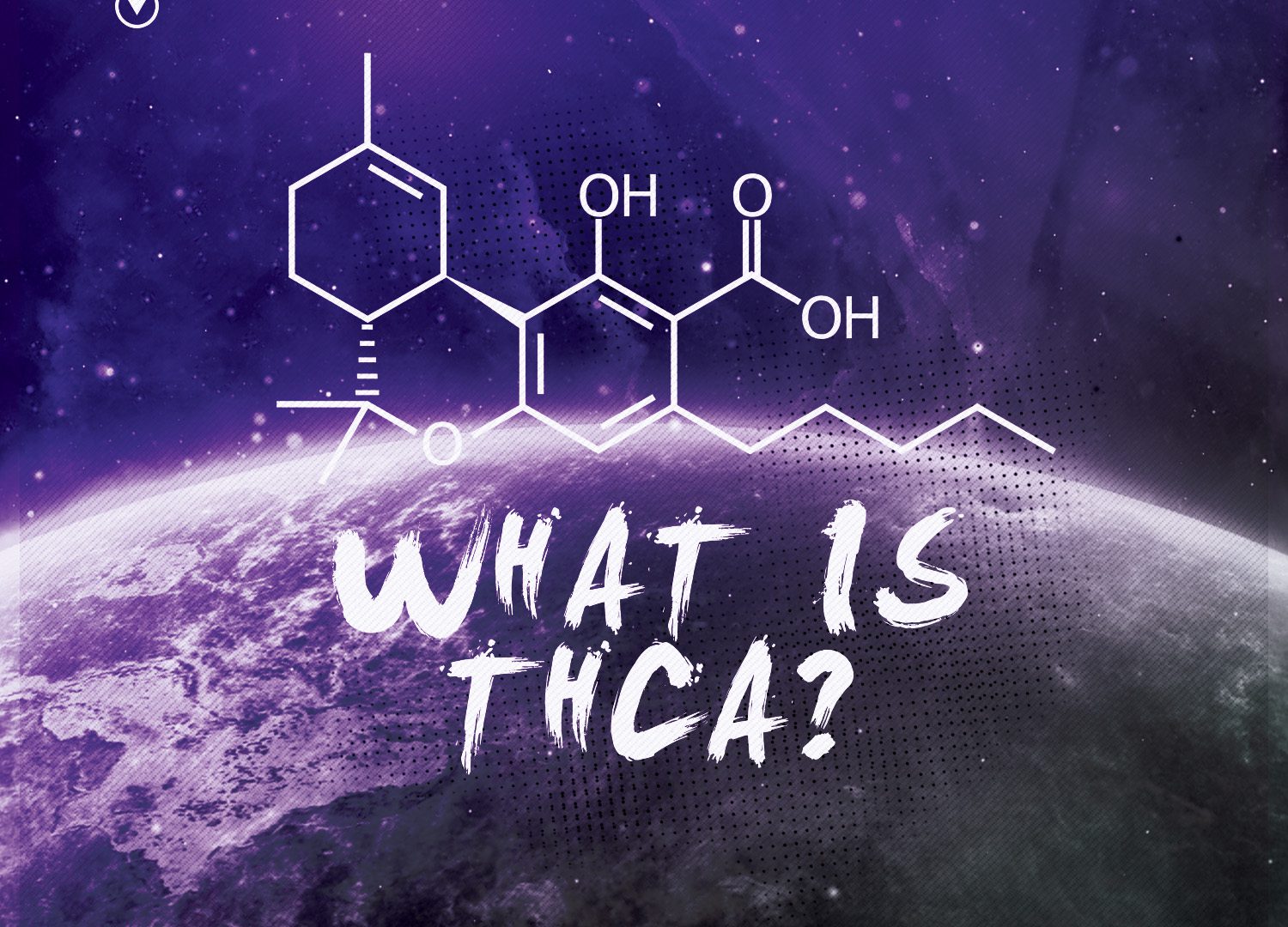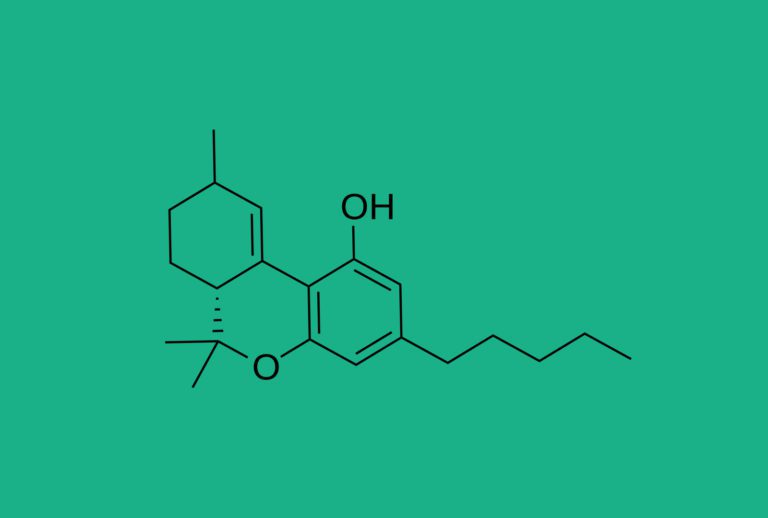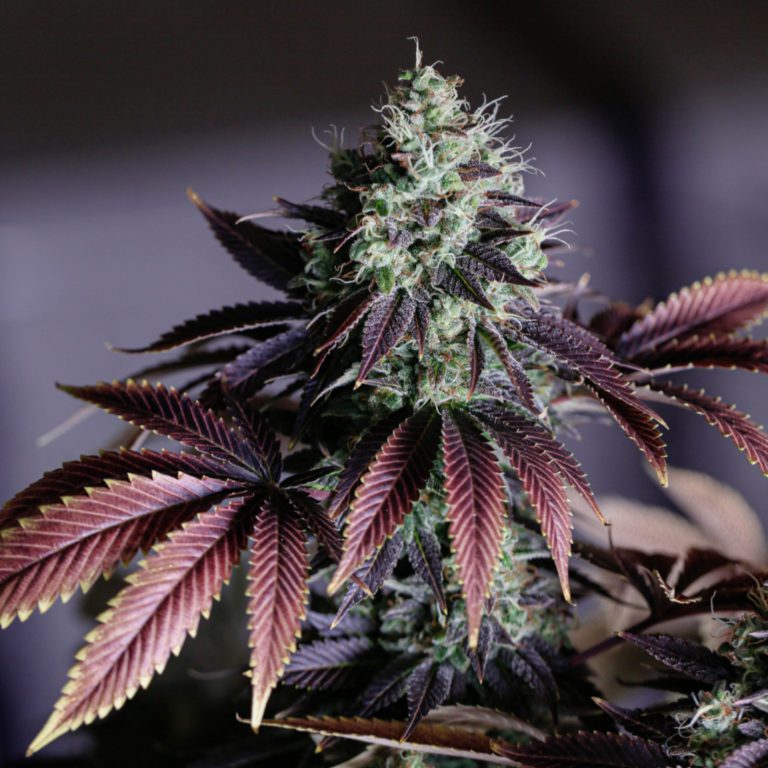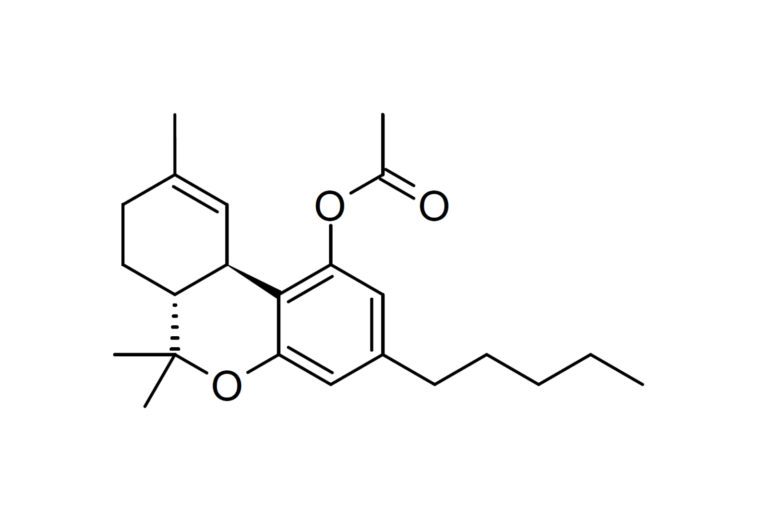What is THCA and the benefits?
THCA, or tetrahydrocannabinolic acid, is a compound found in the cannabis plant. It is the precursor to THC, the compound responsible for the plant’s psychoactive effects.
To produce THCA, cannabis buds are first harvested and then dried and cured. The buds are then typically decarboxylated, a process that converts THCA into THC through heating.
THCA can be consumed in a variety of ways, including through flower, tinctures, capsules, and topical products. It is also available in raw form, which can be added to foods and drinks. When consumed, THCA is thought to have anti-inflammatory and neuroprotective properties.
- Anti-inflammatory effects: Some studies have suggested that THCA may have anti-inflammatory effects, which could be beneficial for conditions like arthritis and Crohn’s disease.
- Neuroprotective effects: Some research has suggested that THCA may have neuroprotective effects and may be beneficial for conditions like Parkinson’s disease and multiple sclerosis.
- Anti-nausea effects: THCA has been shown to have anti-nausea effects in animal studies, and it may be useful for reducing nausea and vomiting in humans.
- Analgesic effects: Some studies have suggested that THCA may have analgesic (pain-relieving) effects, which could be useful for reducing pain in people with chronic pain conditions.
It’s important to note that most of the research on the potential health benefits of THCA is still in the early stages and more research is needed to fully understand its effects. As with any dietary supplement, it is important to speak with a healthcare provider before using THCA or any other cannabinoid-based product. Also, these statements have not been evaluated by the Food and Drug Administration (FDA).
Sources and research done on THCA
- “Anti-inflammatory effects of THCA in activated microglial cells” (https://www.ncbi.nlm.nih.gov/pmc/articles/PMC5877698/) is a study published in the Journal of Neuroimmune Pharmacology that investigated the anti-inflammatory effects of THCA in activated microglial cells, which are a type of immune cell found in the brain and spinal cord.
- “THCA protects against MPTP neurotoxicity in mice” (https://www.ncbi.nlm.nih.gov/pmc/articles/PMC6911442/) is a study published in the journal Experimental Neurology that examined the neuroprotective effects of THCA in mice with Parkinson’s disease.
- “THCA-A, a component of the Cannabis sativa plant, is a potent antiemetic in rat models” (https://www.ncbi.nlm.nih.gov/pmc/articles/PMC5312634/) is a study published in the journal Neuropharmacology that investigated the anti-nausea effects of THCA in rat models.
- “THCA reduces chronic pain and improves sleep in a subject with chronic pain syndrome” (https://www.ncbi.nlm.nih.gov/pmc/articles/PMC7261530/) is a case report published in the Journal of Clinical Psychology that describes the use of THCA in a patient with chronic pain syndrome






